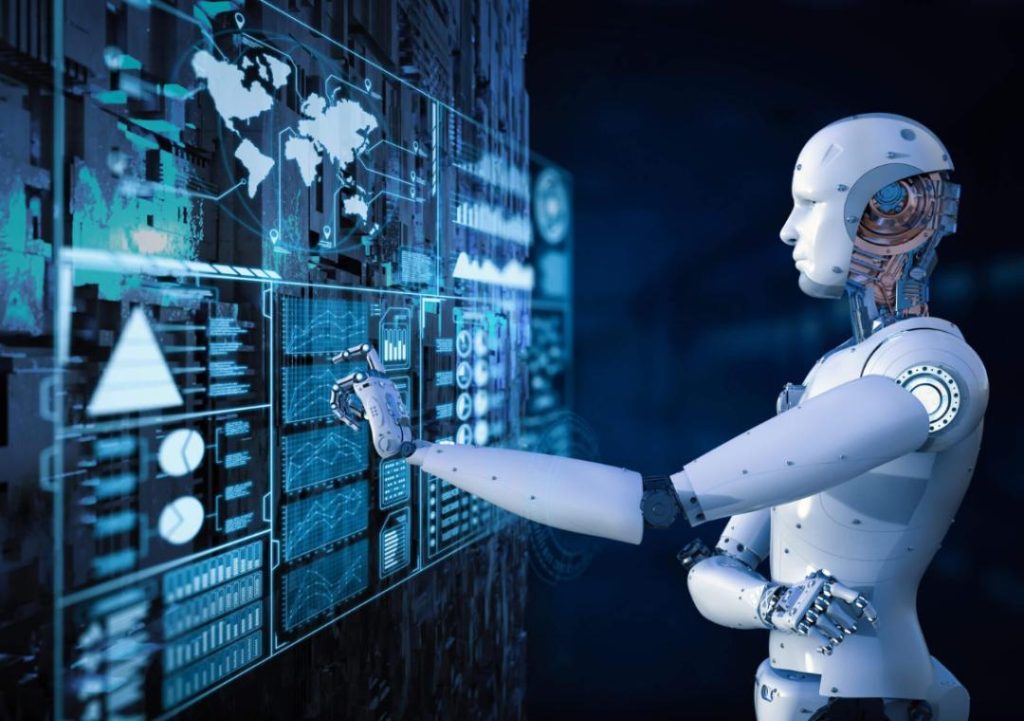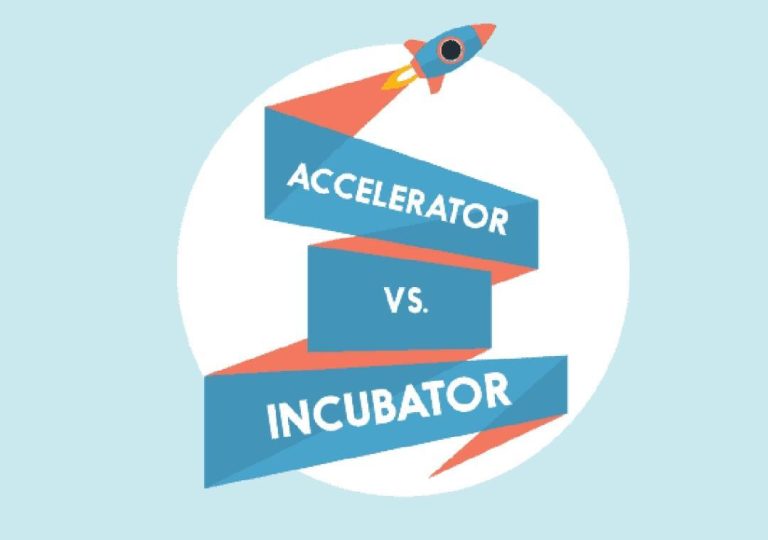
AI & Automation: The Productivity Power Duo
In today’s fast-paced digital landscape, businesses are constantly seeking ways to streamline processes, increase efficiency, and reduce costs. Two technologies that have emerged as game-changers in this quest are Artificial Intelligence (AI) and Automation. When combined, they form a powerful duo that can revolutionize the way organizations operate. In this post, we’ll explore the benefits of Intelligent Automation, its applications, and how it’s transforming industries worldwide.
What is Intelligent Automation?
Intelligent Automation (IA) is the marriage of two innovative technologies: Robotic Process Automation (RPA) and Artificial Intelligence (AI). RPA involves creating software robots that can perform repetitive, rule-based tasks with precision and speed. AI, on the other hand, enables machines to learn from data, recognize patterns, and make decisions. When combined, these technologies allow businesses to automate not just routine tasks but also complex processes that require critical thinking.
How Does Intelligent Automation Work?
The process of Intelligent Automation begins with identifying areas within an organization where tasks can be automated. This can include data entry, document processing, customer service, and more. Next, AI algorithms are used to analyze the tasks and identify the most effective way to automate them. RPA software is then used to create bots that can perform the tasks with precision and speed.
As the bots work, they collect data and feedback that is used to refine their performance and make adjustments to the automation process. This continuous learning loop allows the bots to adapt to new patterns, exceptions, and changes in the business environment. Meanwhile, human teams are freed up to focus on strategic decision-making, complex problem-solving, and high-value tasks that require human judgment.
Benefits of Intelligent Automation
The benefits of Intelligent Automation are numerous and far-reaching. Some of the key advantages include:
- Increased Productivity: By automating routine tasks, businesses can free up human resources to focus on higher-value activities. This leads to increased productivity, reduced errors, and improved job satisfaction.
- Enhanced Efficiency: Intelligent Automation enables organizations to process large volumes of data quickly and accurately, reducing processing times and improving overall efficiency.
- Improved Accuracy: By eliminating human error, Intelligent Automation ensures that tasks are performed with precision and consistency, reducing the risk of mistakes and inaccuracies.
- Cost Savings: Automation reduces the need for manual labor, leading to significant cost savings and improved bottom-line performance.
- Scalability: Intelligent Automation allows businesses to scale their operations quickly and easily, without the need for significant investments in labor or infrastructure.
- Data-Driven Decision Making: The data collected by Intelligent Automation can be used to inform business decisions, providing valuable insights and analytics that can drive growth and improvement.
Applications of Intelligent Automation
Intelligent Automation has a wide range of applications across various industries. Some of the key areas where IA is being used include:
- Customer Service: Intelligent Automation can be used to automate customer service tasks such as chatbots, email support, and social media monitoring.
- Data Entry: Automation can be used to automate data entry tasks, reducing the risk of errors and improving data accuracy.
- Accounting and Finance: Intelligent Automation can be used to automate financial tasks such as invoicing, expense tracking, and reconciliation.
- Supply Chain Management: Automation can be used to optimize supply chain operations, including inventory management, logistics, and shipping.
- Healthcare: Intelligent Automation can be used to automate tasks such as medical records management, claims processing, and patient scheduling.
Real-World Examples of Intelligent Automation
Intelligent Automation is being used by businesses of all sizes and industries to drive efficiency, productivity, and growth. Some notable examples include:
- Walmart: Walmart has used Intelligent Automation to automate tasks such as inventory management, order processing, and customer service.
- American Express: American Express has used AI-powered chatbots to automate customer service, reducing wait times and improving customer satisfaction.
- Ford: Ford has used Intelligent Automation to automate tasks such as data entry, inventory management, and supply chain optimization.
- United Airlines: United Airlines has used AI-powered chatbots to automate customer service, reducing wait times and improving customer satisfaction.
Conclusion
Intelligent Automation is a powerful technology that combines the benefits of RPA and AI to drive efficiency, productivity, and growth. By automating routine tasks and complex processes, businesses can free up human resources to focus on higher-value activities, improve accuracy, and reduce costs. As the technology continues to evolve, it’s likely that we’ll see even more innovative applications of Intelligent Automation across various industries.
About Growth Jockey
Growth Jockey is a leading provider of Intelligent Automation solutions, helping businesses of all sizes to drive efficiency, productivity, and growth. Our team of experts has extensive experience in RPA and AI, and we’re dedicated to helping our clients achieve their goals through automation. Visit our website to learn more about our Intelligent Automation services and how we can help your business thrive.
Source:
https://www.growthjockey.com/blogs/intelligent-automation






